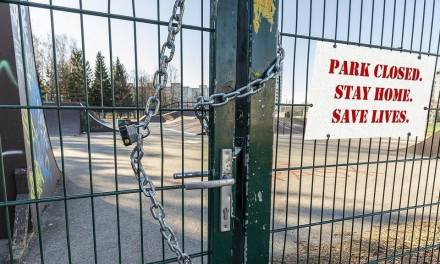Students have not been engaging with education during lockdown, so schools have a responsibility to make sure students are re-engaged.
The NFER found that a third of pupils are currently engaged with education. 90% of teachers have said that their pupils are doing less than they would normally produce.
The reasons for the lack of engagement are varied. However, schools have a responsibility to provide an education which is engaging for their pupils whether they are inside school or learning from home. This blog post can help.
Why are students struggling to be engaged with education?
According to the BBC, 90% of pupils are doing less or much less work than they would normally do.
The National Foundation for Educational Research (NFER) headteachers believe around a third of pupils are not engaging with set work.
The main reason for this was access to education – with technology a problem for 23% of pupils.
The problem is of largest concern in more disadvantaged areas.
In secondary schools, children eligible for free school meals had an engaged rate of just 48%.
Teachers were finding that it was particular difficult to engage the following pupils in remote education:
- Children with limited access to technology and study space
- Vulnerable children
- Children with special educational needs and disabilities
- Young carers
Are parents responsible for the lack of engagement?
55% of parents are engaged with their children’s home learning. In deprived schools this is as little as 41%.
NFER Chief Executive, Carole Willis said:
There are considerable differences in the level of pupil engagement in remote learning, particularly amongst the most disadvantaged pupils.
Could lack of engagement cause a disadvantage gap?
The pandemic has shown a disadvantage gap in education, due to issues such as digital poverty.
Geoff Barton, general secretary of the ASCL said:
This analysis shows that children who already face the greatest challenges have suffered the worst impact to their learning during the lockdown, and that the digital divide is largely to blame.
“A gloomy picture of lost schooling”
Professor Francis Green, who led the research, described it as “painting a gloomy picture of lost schooling and low amounts of schoolwork at home.”
The closure of schools, and their only-partial reopening, constitute a potential threat to the educational development of a generation of children.
Everyone is losing out in this generation, some much more than others.
Better home schoolwork provision, and better still an early safe return to school for as many as possible, should now become a top priority for Government.
8 ways to keep pupil’s engaged
Here are eight ways in which you can keep children engaged:
- Allow students guided options in how they would like to learn
- Get them to show you what they learned
- Challenge their thinking
- Create an environment that allows multiple right choices
- Offer school advisories and peer mentoring
- Create a positive emotional climate (allow open communication)
- Create a routine
- Incorporate movement and energy into activities
How EDLounge can help students become re-engaged
At EDLounge we have a proven track record of engaging pupils with education.
Su Gill, Deputy Headteacher of Haughton Academy said of EDLounge:
With attendance continuing to have a high agenda within schools we have found EDClass to be invaluable. It has provided us with the flexibility in providing work for pupils who are genuinely unable to attend a full timetable. Parents/carers value the extra support which is further enhanced through the safeguarding home visit. We also use EDClass to provide an early intervention learning package for those pupils who are at risk of fixed term exclusion. Pupils no longer see fixed term exclusion as ‘an extra days holiday’.
Through our online platform, we break down learning barriers.
A large range of over 11,000 lessons, tailored learning platforms and live teaching can re-engage any student. Through EDClass+ we provide a structure to learn and improve supporting students with many different needs.
You can call 01909 568338 or email mail@edclass.com to speak to a member of our team.









